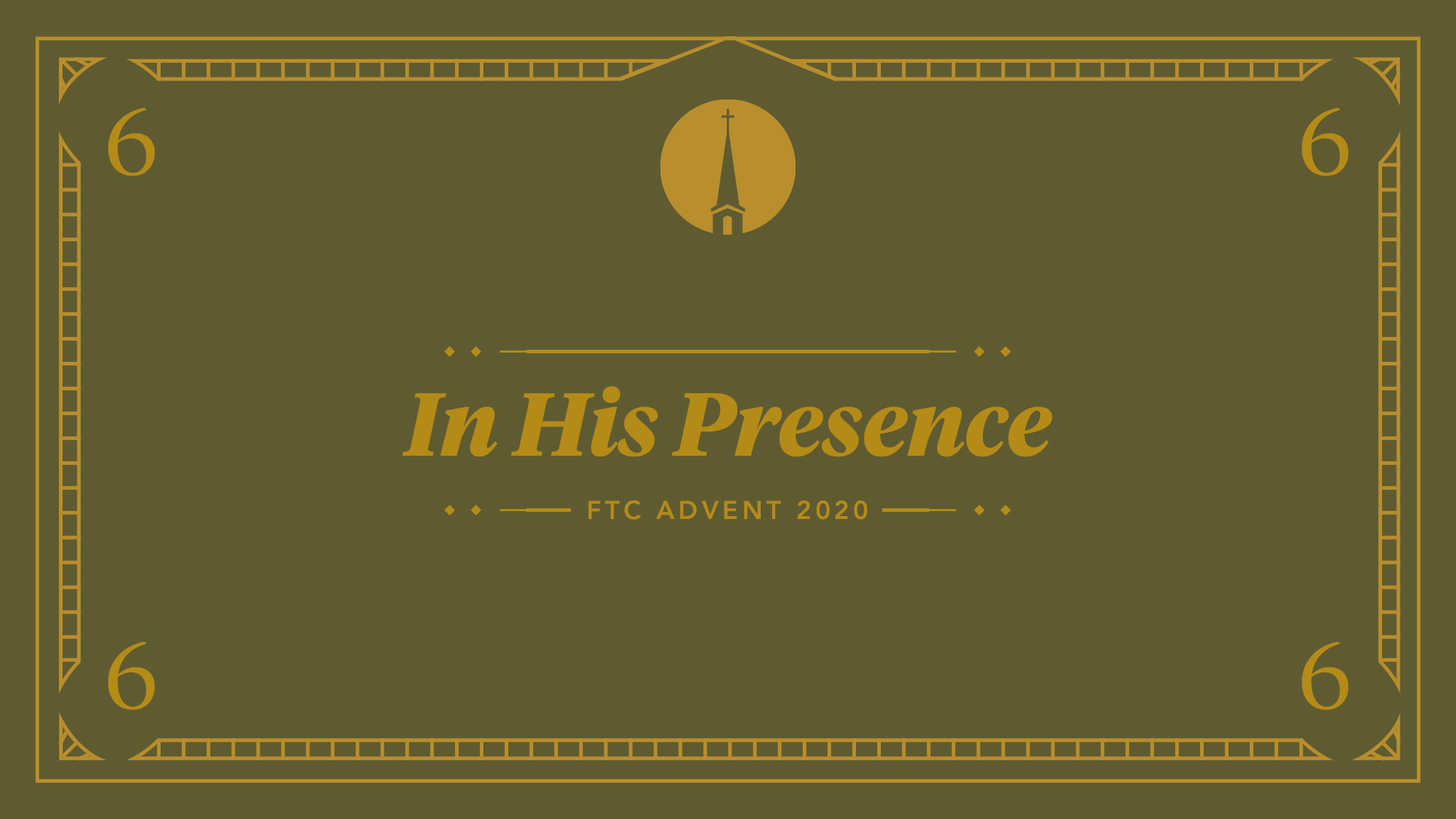
You make known to me the path of life; in your presence there is fullness of joy; at your right hand are pleasures forevermore.
Psalm 16:11
When you reflect on the past year, what would you say were the people and things surrounding you that had the greatest influence on you? Maybe it was your colleagues at work, your fellow students at school or university, or maybe it was your spouse, family, or friends? Maybe it was less relational. It could be that you spent a lot of time on the internet, social media, or tucked away into a corner reading books or writing journals? Perhaps you surrounded yourself with something more shameful and unmentionable, and it has continued to have an influential role in your spiritual, emotional, and physical health?
Whatever it may be, David the Psalmist is longing for the same things we long for but look for in people, places, and particulars that won’t be able to quite meet the longing. David’s desires match our desires. He wants to be preserved through life’s storms, he wants to know he has a beautiful inheritance waiting, he wants counsel and instruction, he wants the Lord to lead him with every step that he takes. Like us, David wants to know that everything is going to be ok because God is with him through all of the not ok things in the world.
David knows that in himself, he will not always know the right path to take that will lead to the satisfaction of his innermost longings. So he looks to the Lord. Whether he “feels” it or not, David understands that a life-filled path, joy-filled presence, and forever-fulfilling pleasures can only be discovered at the source. Only the Creator of such wonderful wonders can be trusted to provide them for those who come seeking them. David the Psalmist reminds us that longing is a God-given gift for His children that seek it from Him the Giver.
Think about one of those days when you had a great meal to look forward to that night. If you’re like me and you love food, the anticipation of what you’re going to eat is almost as good as the eating itself. Not only that but if I knew the meal was going to be eaten in isolation, the food wouldn’t taste half as good as it would when I know I’ll be sharing it with friends and loved ones. In Jesus Christ, we get both! Not only do we get to look forward to the meal, but to the person we’ll be eating the meal with, who happens to be the One who provided everything that’s lovely on the table.
There will not be fullness of joy at the table unless He is sitting at the head of it.
Do you long for things to be different in the new year? Do you need to stop seeking your longing to be satisfied by people, places, and particulars that have no power or ability to do it? David the Psalmist shows us the possibilities that await when we purpose the eyes of our hearts to be ones that are
looking to Jesus, the founder and perfecter of our faith, who for the joy that was set before him endured the cross, despising the shame, and is seated at the right hand of the throne of God (Heb. 12:2).
Reflect
Think about the good things that God has provided for you this year that may have lost some of their flavor. Pray that the Lord would give you a heart to receive them as the blessing they are because of the source of who they come from.

